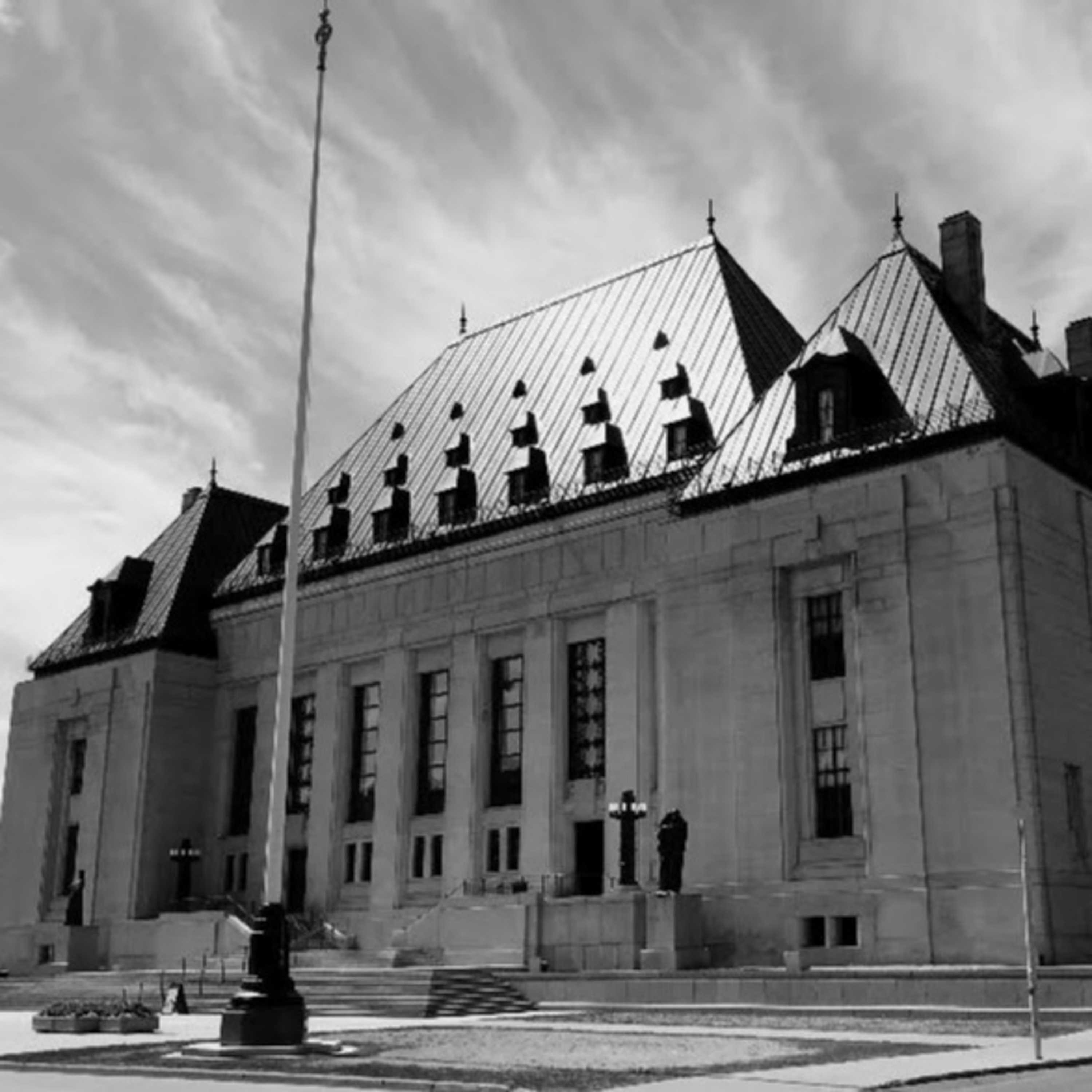Canadian Council for Refugees, et al. v. Minister of Citizenship and Immigration, et al. (39749)
(Publication in case)(Sealing order)
Since the 2004 agreement between Canada and the United States known as the Safe Third Country Agreement, the U.S. has been designated a safe country pursuant to s. 159.3 of the Immigration and Refugee Protection Regulations, S.O.R./2002 227. As a result, claimants arriving at a land port of entry to Canada from the U.S. are deemed to be ineligible for refugee protection in Canada pursuant to s. 101(1)(e) of the Immigration and Refugee Protection Act, S.C. 2001, c. 27. The individual applicants are among those claimants who were deemed ineligible. The applicants ABC and her children are from El Salvador, claiming refugee status based on gang violence and gender-based persecution. The Homsi/Al Nahass applicants are a Muslim family from Syria who left the U.S. following the issuance of the first travel ban by the U.S. government. The applicant Ms. Mustefa is a Muslim woman from Ethiopia who was detained after her attempt to enter Canada from the U.S. The applicant organizations were granted the right to participate as public interest parties. The collective applicants challenged the Canadian government’s failure to review the ongoing designation of the U.S. under s. 159.3 of the Regulations as rendering that provision ultra vires and not in conformity with s. 101(1)(a), 102(2) ad 102(3) of the Act. They also claimed that the designation and their ineligibility to claim refugee status infringed their rights guaranteed under sections 7 and 15 of the Canadian Charter of Rights and Freedoms and were not justified under s. 1.
The Federal Court rejected the ultra vires argument but held that s. 159.3 of the Regulations and s. 101(1)(e) of the Act infringed s. 7 of the Charter and were not justified under s. 1. The court found it unnecessary to consider whether the provisions also infringed s. 15. The appellate court allowed the appeal, dismissed a cross-appeal on the ultra vires and s. 15 issues, set aside the Federal Court decisions, and dismissed the applications for judicial review.
Argued Date
2022-10-06
Keywords
Constitutional law - Canadian charter (Non-criminal), Right to security of person (s. 7), Fundamental justice (s. 7), Right to equality (s. 15), Reasonable limits (s. 1), Immigration, Inadmissibility and removal, Judicial review - Constitutional law — Charter of Rights — Right to security of the person — Fundamental Justice — Right to equality — Reasonable limits — Immigration — Inadmissibility and removal — Judicial review — Appellants seeking judicial review of decisions regarding their ineligibility to claim refugee protections in Canada after arriving at a land port of entry from the United States — Whether the Federal Court of Appeal erred in refusing to determine the constitutionality of the operative provisions — Whether the gender equality claim under s. 15 of the Charter must be adjudicated — Whether s. 159.3 of the Regulations is ultra vires — Whether the combined effect of s. 159.3 of the Regulations and s. 101(1)(e) of the Act infringe s. 7 of the Charter and violate the s. 7 rights of refugee claimants — If so, is the infringement a reasonable limit prescribed by law as can be demonstrably justified in a free and democratic society under s. 1 of the Charter — Whether the combined effect of s. 159.3 of the Regulations and s. 101(1)(e) of the Act infringe s. 15 of the Charter — If so, is the infringement a reasonable limit prescribed by law as can be demonstrably justified in a free and democratic society under s. 1 of the Charter — Canadian Charter of Rights and Freedoms, ss. 1, 7 and 15 — Immigration and Refugee Protection Act, S.C. 2001, c. 27, ss. 101(1)(e), 102(2) and 102(3) — Immigration and Refugee Protection Regulations, S.O.R./2002-227, s. 159.3.
Notes
(Federal) (Civil) (By Leave) (Publication ban in case) (Publication ban on party) (Sealing order) (Certain information not available to th
